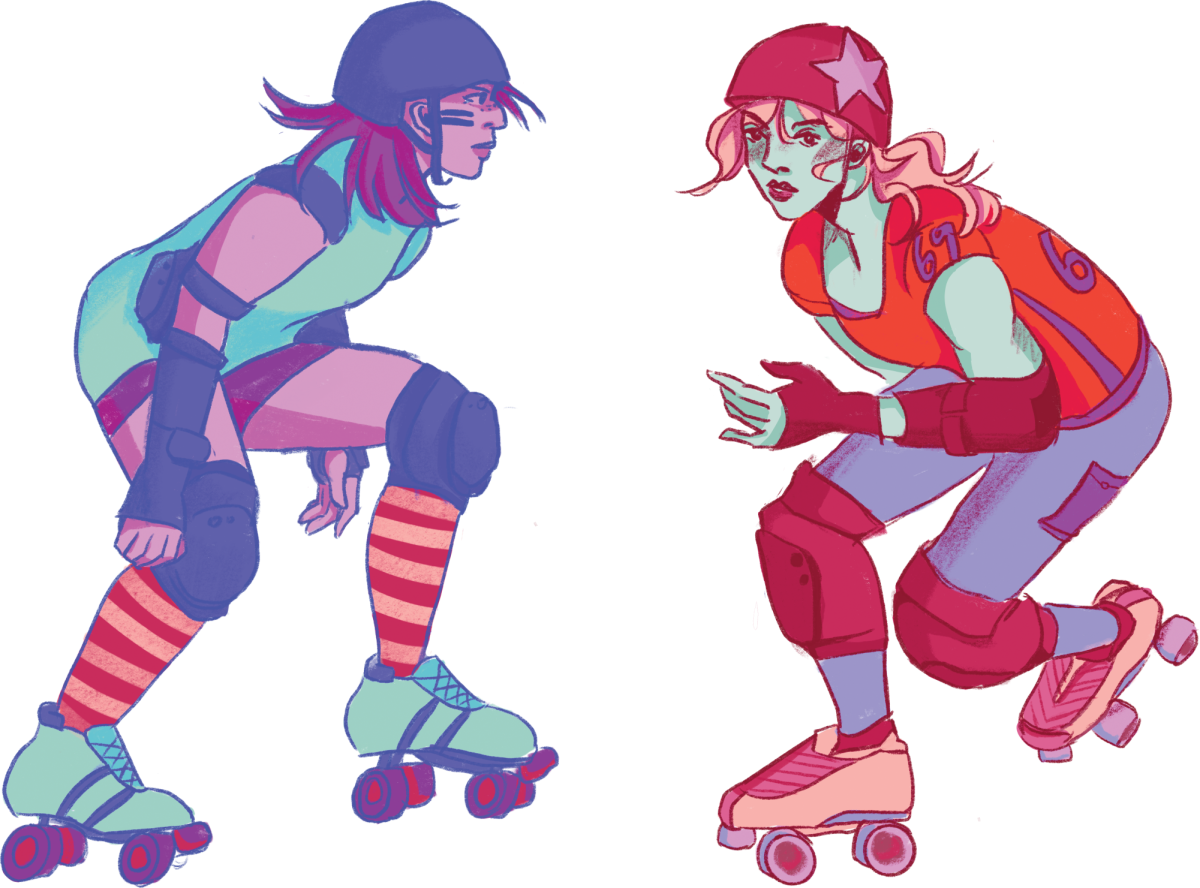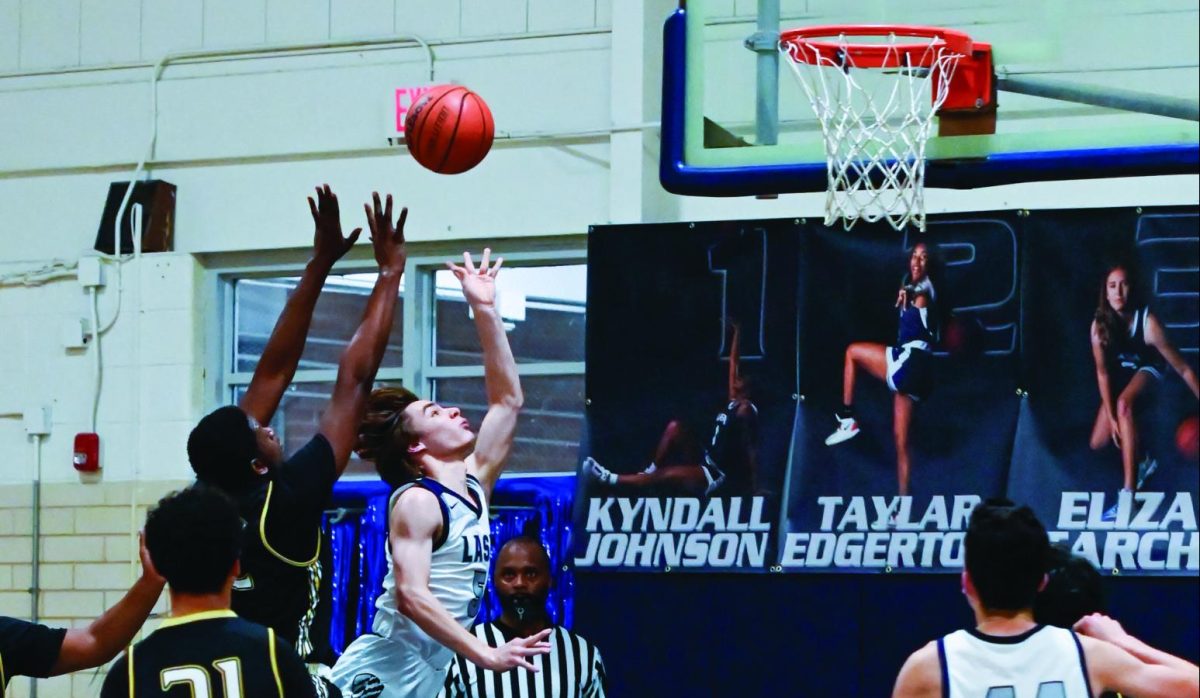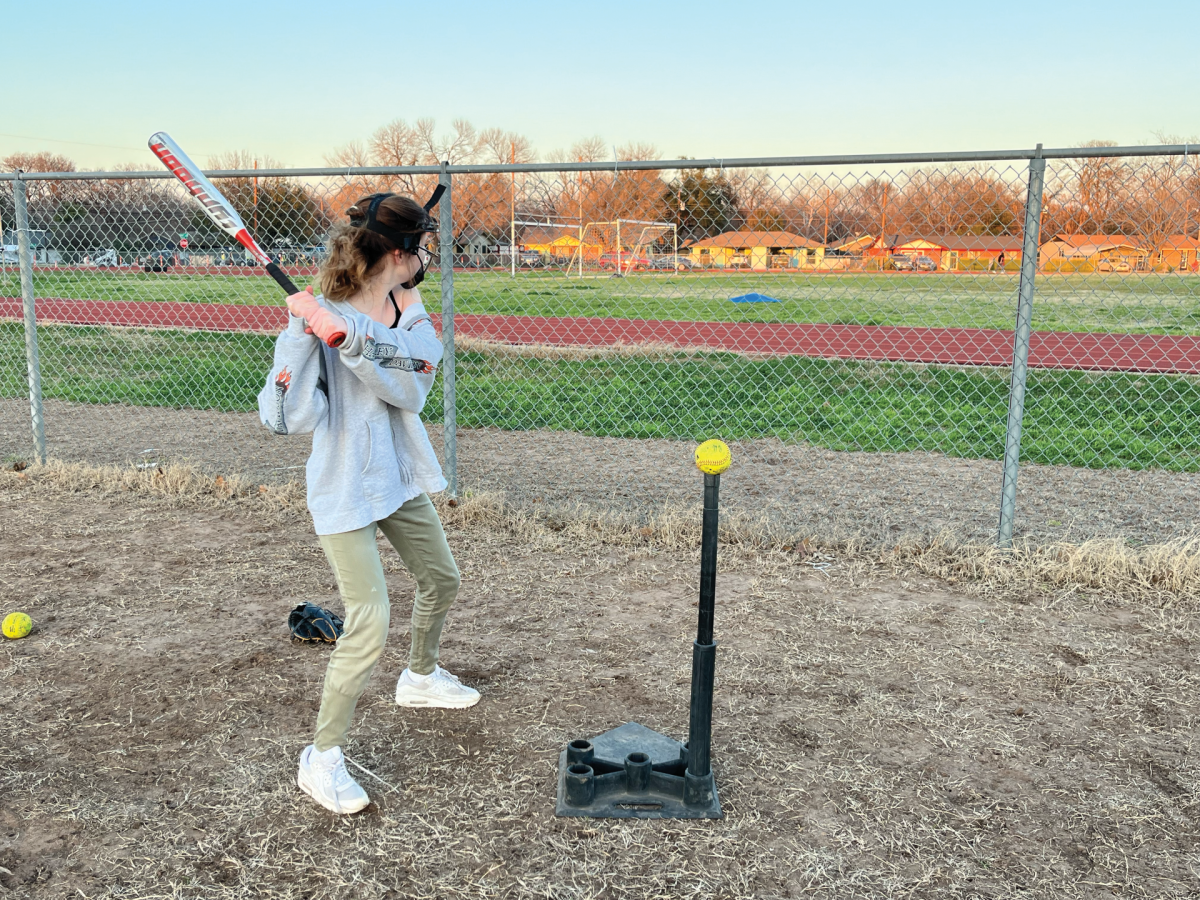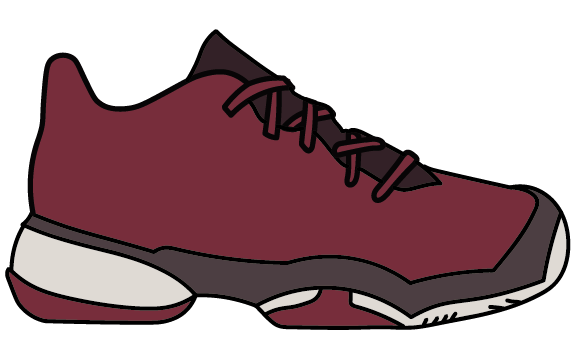Long ago, Texans were cowboys and cowgirls, riding their horses from dawn to dusk. Since then, people have traded in their stallions for cars and bicycles, however, there are still a few western souls who enjoy spending their time with horses.
While horseback riding is not seen as a common sport, there are students at LASA who dedicate their free time going to ranches and mounting these mighty beasts. There are two kinds of riding, English and Western. Within Western riding there are eight different events including barrel racing and reigning. English riding is more common and well known with events like show jumping and dressage being featured in the Summer Olympics. Horseback riding is the ninth most dangerous sport in the world behind gymnastics and boxing. So, according to Freshman Claire Waggoner, mastering any one of these events requires extreme skill and practice. Waggoner has been riding for eight years and has had to work hard to improve her skills.
“There’s so much that goes into horseback riding,” Waggoner said. “Despite what some people will think, [horseback riding] takes a lot of strength and it takes a lot of mental preparation. We have to do everything perfectly or else we might lose our lives.”
According to Waggoner, training for horseback riding requires much time and effort, but she continues to enjoy the sport and the relationships that she has developed. Some aspects of the sport require trust and cooperation with the horse itself which is why it is important to Waggoner to spend time with her horse.
“The connection with the horses is the best thing,” Waggoner said. “You build a really strong bond with your horse and there is just a lot of trust in that.”
For other horseback riders like Freshman Hana Hussani, relationships with the horses can vary. However, Hussani mentioned that every interaction is different depending on the horse and the person.
“We switch out horses but I feel like everyone has a horse that they interact better with and a horse that they don’t like,” Hussani said. “It’s different for everyone.”
Aside from enjoying the company of horses, Waggoner and Hussani both mentioned their appreciation of their fellow riders and the support of their friends and peers. Hussani said that she finds peace riding horses.
“It’s really nice because the atmosphere is so friendly and it’s a good break from everything,” Hussani said. “I can only think about horseback and what I’m doing right there.”
Hussani said that people’s first reaction when she tells them that she rides horseback is that she obsessed with only horses, however she said that the stereotype is untrue. Senior Bailey Phillips has had mostly positive reactions from people and that most are just interested in the sport.
“Normally people will just say like, ‘Oh, that’s cool,’ and they don’t necessarily know really what it is that I do,” Phillips said. “They’ll ask if I do Western or English and that’s generally what they ask.”
Waggoner competes in showjumping which is an event that consists of jumping different obstacles in a certain time limit without hitting any of the obstacles or messing up. The event is difficult to accomplish, but Waggoner feels a sense of accomplishment when she is able to properly execute a jump.
“Flying over wide boxers, you feel like you’re floating and it’s just an amazing sense of accomplishment,” Waggoner said. “It’s also given me a lot of confidence and a really good sense of work ethics.”
As difficult as the sport is, Waggoner and Hussani are not discouraged by the challenges they face. Waggoner praised her community of horseback riders and trainers for the support and kindness they have given to her through her development.
“The friends I have made from riding horses are fantastic,” Waggoner said. “We see each other through all of our ups and downs and it’s a really great connection through all that.”
With all the injuries that come with the sport, it is hard for riders to do horseback riding into old age, but Phillips has been riding for eleven years and doesn’t plan on stopping anytime soon. She said that she wants to continue with the sport for as long as she can.
“Even if I’m not riding [horses] I just want them in my life forever, but at least through college I want to ride regularly,” Phillips said. “My plan is to ride forever.”







